Although most times guinea pigs are treated like any other pet in the house, such as a cat or a dog, this is certainly not the case! Guinea pigs have husbandry rules and must be treated as such. Make sure you know the differences and give them the attention and care they deserve. There are plenty of things that are dangerous for guinea pigs to consume. Piggy parents need to know what foods are harmful for guinea pigs.
The Guinea Pig’s GI Tract
Guinea pigs happen to have a very interesting large intestine. Since they are herbivores, they need to eat an abundant amount of GuineaDad Hay to stay healthy and to keep their digestive system on track. Hay is a staple of their main diet, because it helps them maintain their dental health and is fibrous for their digestive system as well.

As herbivores, they require help from special gut bacteria to break down nutrients and make them available for the body. The caecum is the beginning portion of the large intestine and is the perfect habitat for healthy bacteria to grow. They have special enzymes that can break down tough fibers. These nutrients need to be absorbed so this is why guinea pigs eat their caecotrophs which yes, look a bit like poop, but are actually round pellets rich in nutrients.

Avocados
Yes, these are absolutely delicious, but you won’t be able to share them with your furry friend. Avocados, as a whole, contain a fungicidal chemical called persin. This can cause fluid accumulation and thus cause respiratory issues in your guinea pig (Buoro et al., 1994). It can also give your pet heart problems, pancreas or abdomen due to the fluid build-up.

Avocados are also rich in fats; however, guinea pigs have delicate pancreases and this can lead to pancreatitis, which comes along with painful and tragic outcomes. Some of the symptoms of avocado toxicity are diarrhea, depression or abdominal pain. They are very general symptoms so watch closely and visit your veterinarian!
Onions and garlic
Aren’t these a favorite? These two combined make a great seasoning for practically anything. However, onions and garlic both belong to the plant group called Allium and these have some substances that are toxic for guinea pigs.

A chemical called n-propyl disulphide reduces the metabolic pathways in their red blood cells, thus ending in several different disorders like anemia or malformation of blood cells. Small amounts of onion and garlic can harm your pet, so try to keep even the slightest amounts away.
Peanut butter
That savory treat you always want to spread on a delicious toast, yes, that’s very harmful for your pet. Peanuts are rich in good oils, and this is why most people like to have it as a healthy snack. However, these oils are too much for our cavies. Excess fat in their diet can kill liver and pancreatic cells, deteriorating gastrointestinal function. Aside from this, peanut butter also contains a lot of sodium, sugar and too many calories.

Peanut butter also has a dangerous mechanical effect, it is a choking hazard for them! They have a small esophagus and can get stuck. Some of the symptoms of peanut butter toxicity are constipation and an upset stomach.
Chocolate
Is this one obvious? You can never be too sure. Chocolate is toxic to most animals, thanks to the chemical component called theobromine. The same chemical that makes us humans happy, can actually kill your pet. The more concentrated the chocolate, aka, the higher cacao percentage, the more dangerous.

Theobromine causes over stimulation of the central nervous system in guinea pigs, as well as blood vessel constriction (organs don’t receive the right amount of blood) and tachycardia. Some symptoms of chocolate toxicity are vomiting, diarrhea, thirst and increased urination.
Rice
What? Something so basic? Yes. Rice should not be fed to your guinea pig for many reasons. Cooked foods should never be fed to these animals as it can badly harm their digestive system. Since their digestive system depends mainly on bacteria to extract healthy nutrients, if you drop a complex carb in there, it can give them an upset stomach.

It can lead to weight gain and obesity if not taken care of on time. Discomfort can be a sign of rice consumption in guinea pigs, so keep an eye out for grinding teeth, abdominal pain – which is show as an arching position, or squeaks of pain.
Xylitol
This sugar replacement is rather toxic to our little furry friends. It is found in sugar-free candy or baked-goods. This causes a sudden drop in blood sugar and can be life threatening. It triggers insulin release (the thing that transports sugar into your cells) and thus decreases blood sugar levels, causing a condition called hypoglycemia.

This can lead to depression, an overstimulation of the central nervous system which can cause seizures and fainting. Symptoms of xylitol toxicity can appear quickly after and can also harm liver and pancreatic function, resulting in a vast array of clinical conditions. Hepatic necrosis (death of parts of the liver), hepatic cell death or changes in the liver can result from this. If you suspect your guinea pig has been intoxicated with xylitol, please go to your veterinarian ASAP.
Conclusion
Always make sure what you are about to give your guinea pig is healthy for them and will not cause any harm. Giving dangerous foods decreases their life span and can increase the probability of diseases. We love guinea pigs as much as you do so trust us, we want them to hang around as long as possible! Aside from all of these foods, remember that guinea pigs do not produce Vitamin C and therefore must ingest enough in their diet. Vitamin C is important because it keeps the immune system strong, the skin safe and aids in healing. A great way to supplement their health is to give them GuineaDad Herbal Supplements in Rose hip. Rose hip boost immunity and contains Vitamin C to keep your guinea pig healthy and happy.
Avoid giving too many foods that don’t have Vitamin C because your guinea pig might start to show symptoms of scurvy (vitamin c deficiency). Some of the symptoms of scurvy include swelling of the joints, alopecia (hair falling out), weakness and depression. Some of these toxicity symptoms are all very general and common throughout GI tract sicknesses. Yearly visits to the veterinarian are extremely important and will help keep your guinea pig’s health in check. If you see any of the symptoms mentioned above, do not hesitate to contact your veterinarian.



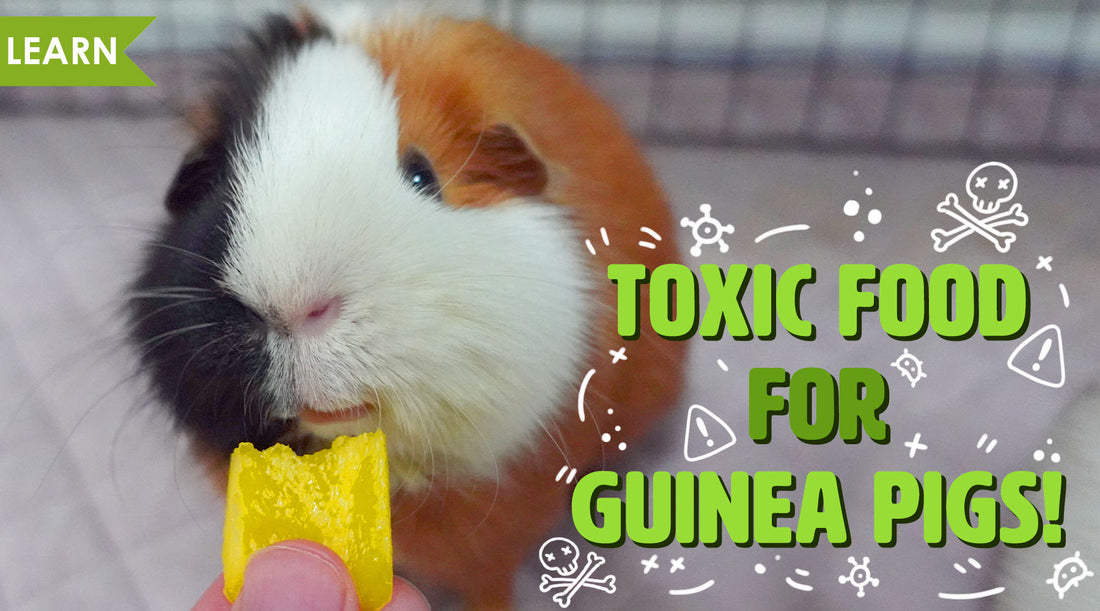





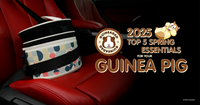
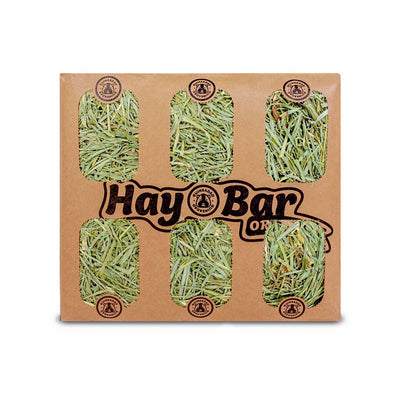
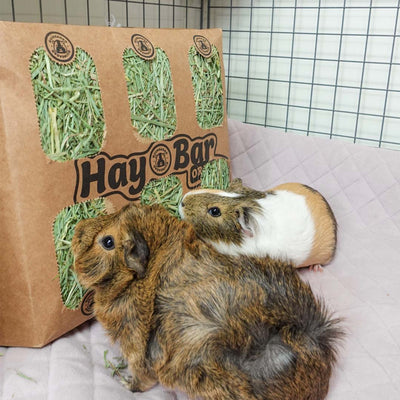
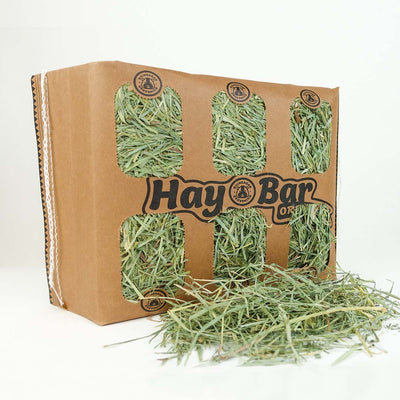
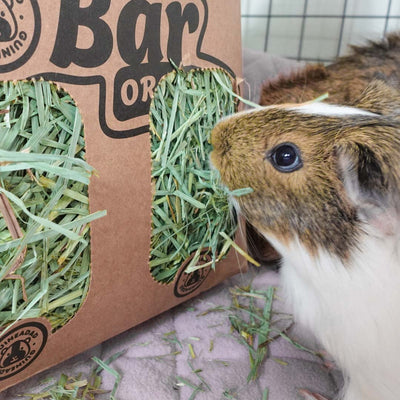
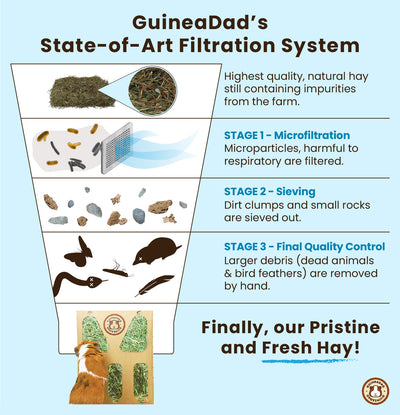
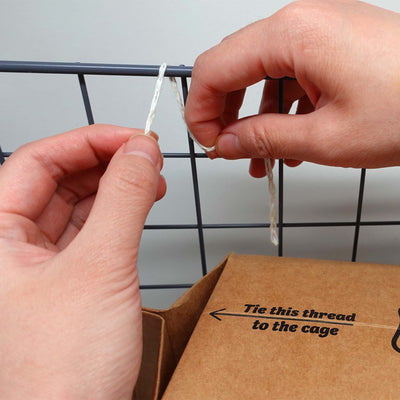
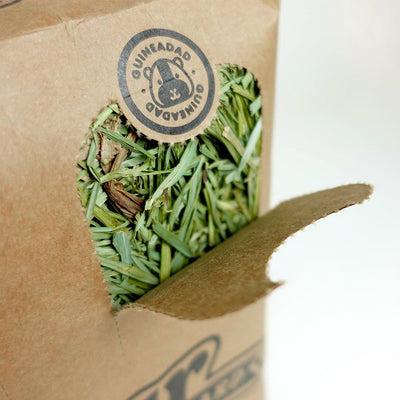
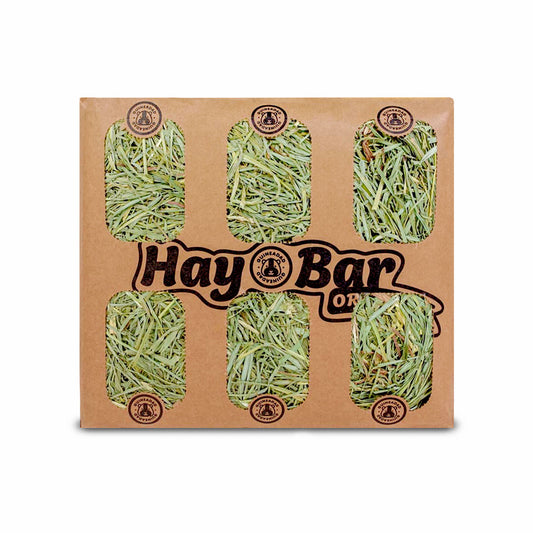
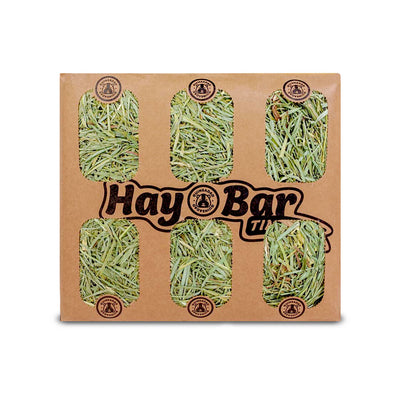
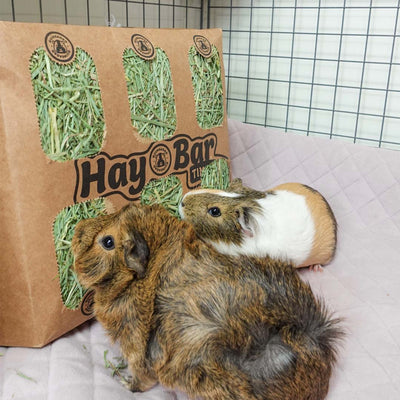
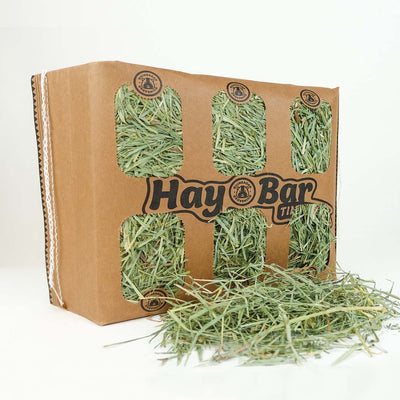
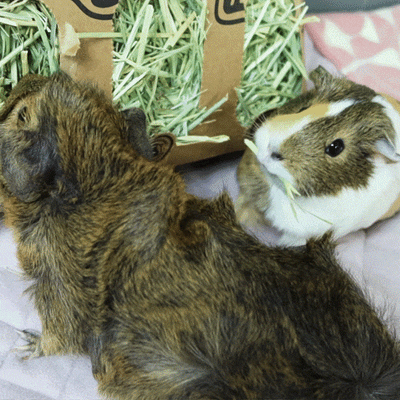
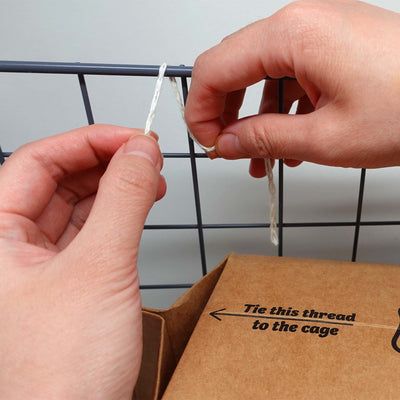
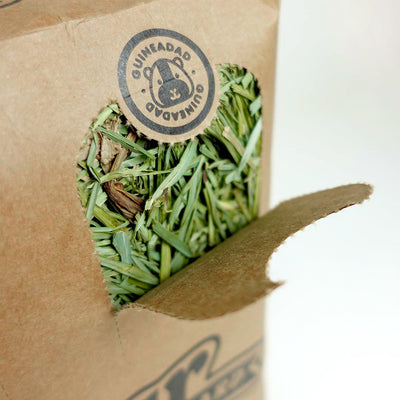
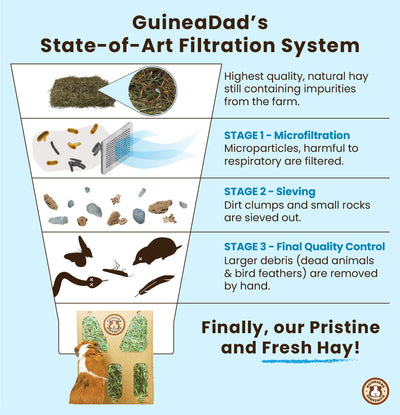
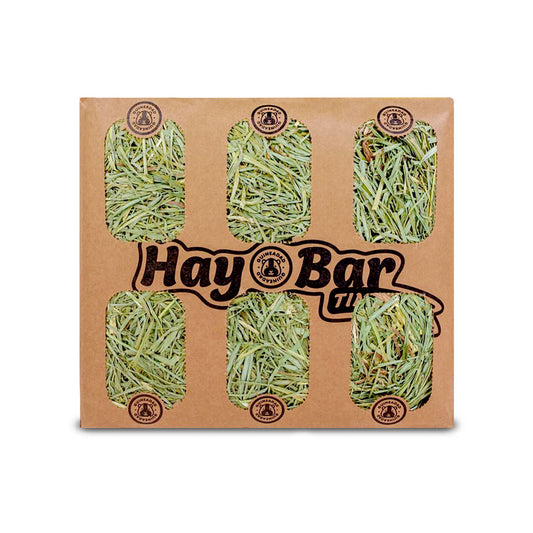
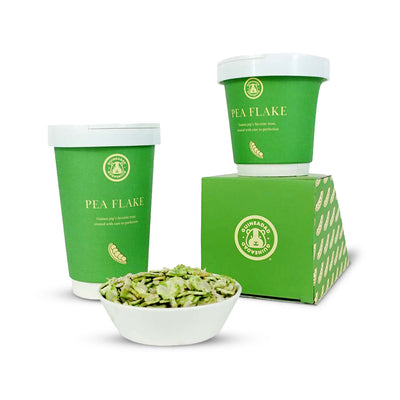
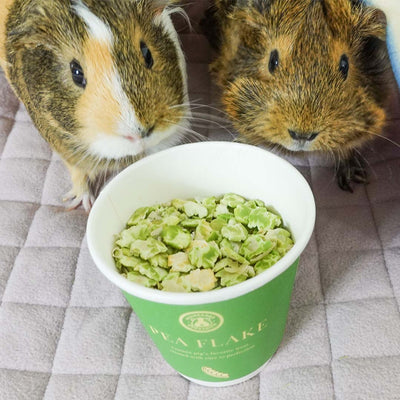
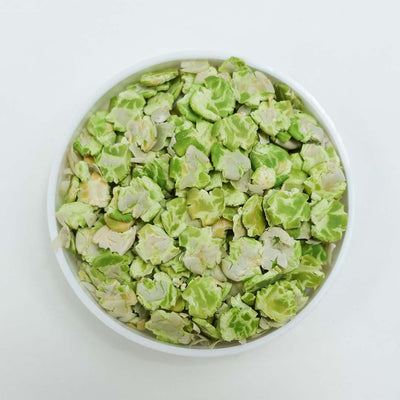
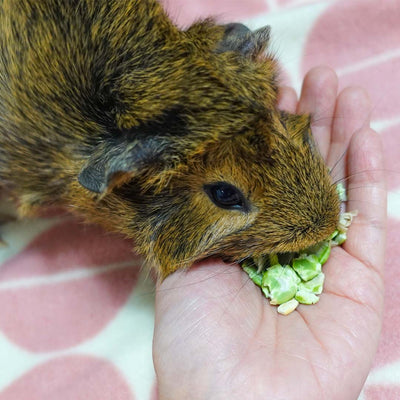
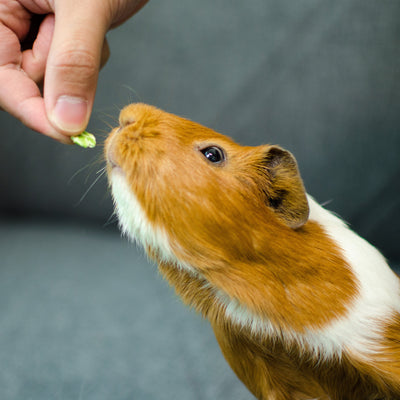
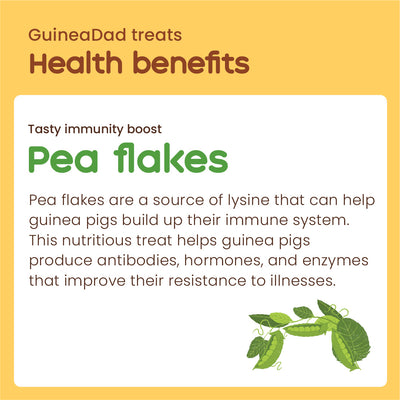
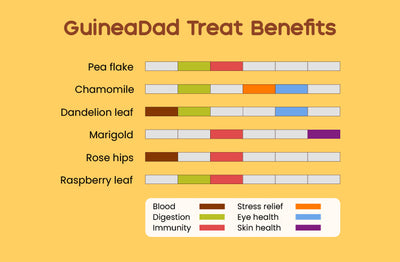
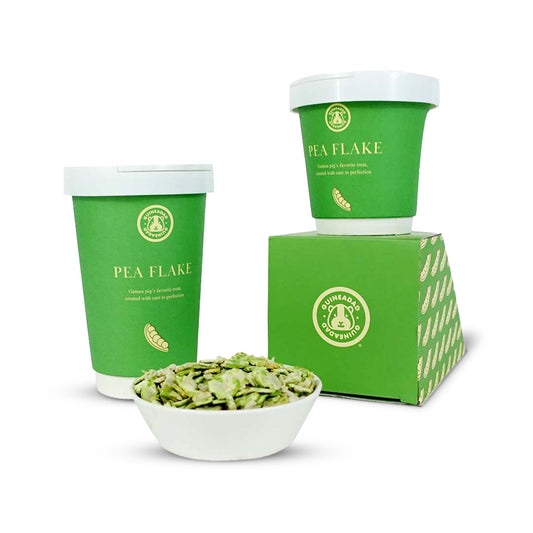
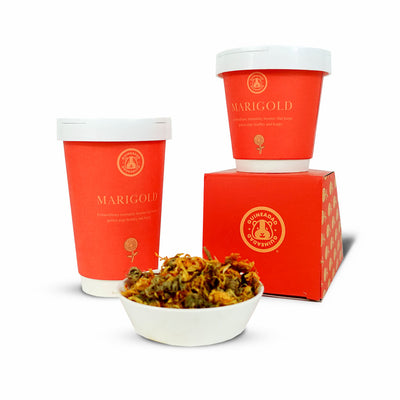
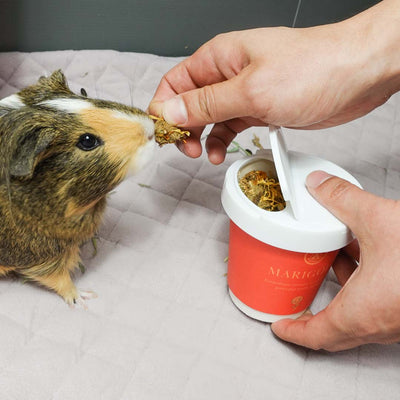
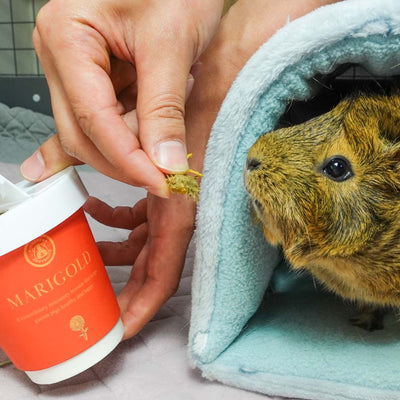
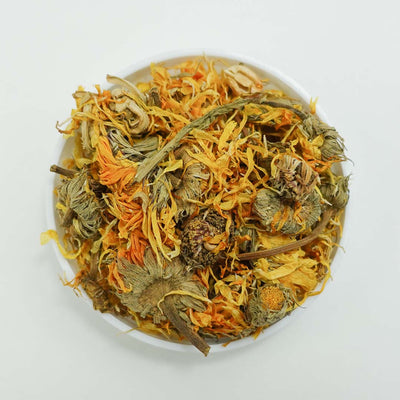
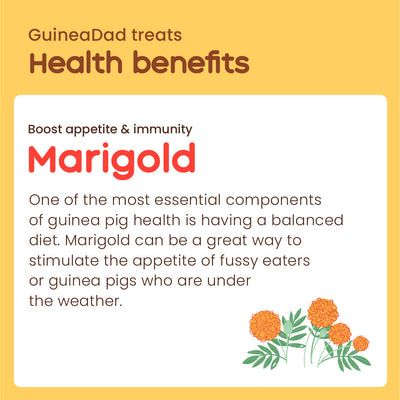
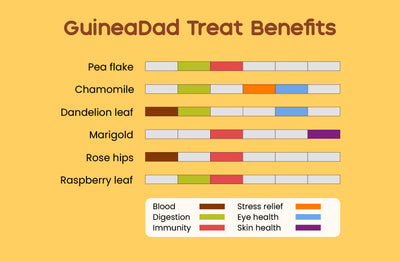
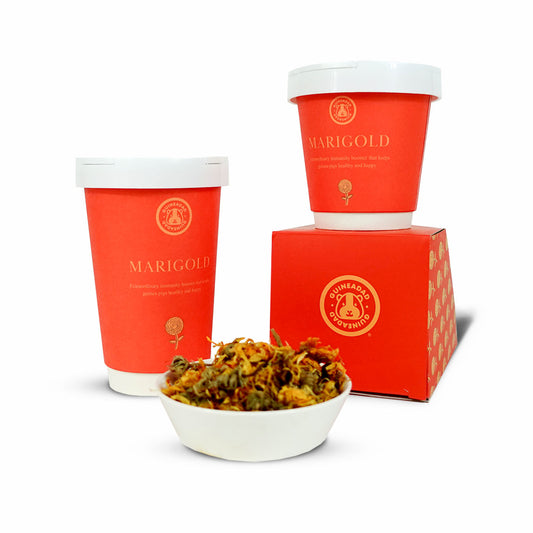
12 comments
I saw a comment about possible onion residue on other veggies, and a concern that this could have caused neurological problems. I am sure you rinsed your veggies off before feeding your piggies. I have gotten a different hay, for variety, and I caught a scent of wild scallions (onions).
I give my piggy a small orange slice every day . She eats it all the way down to the rind. I know this supplies her with vitamin C. Just want to make sure I’m not giving her to much ?
We have had two guinea pigs die within the last three days. We raised them both from birth and they live with their mother and another female guinea pig and have for the last 5 years. They were both completely healthy 2 weeks ago. They both developed some neurologic symptoms one worse than the other and we are trying to figure out if we might have bought some tainted food or something. We have not changed their diet in any way for the last 5 years so we are completely baffled. After reading your page I’m wondering if you know what the symptoms are if guinea pigs eat onions or garlic. We feed our guinea pigs vegetables like carrots and lettuce and I’m wondering if maybe there was some onion residue on one of those foods and if that would be enough to cause a problem??
Is it okay if I rehydrate fruits and vegetables that I have dehydrated and feed to my piggies. I use fresh produce that hasn’t been cooked/ blanched. Thinking of winter or if there is a time of being unable to get fresh.
Thank you
@Chrystal You should only feed your guinea pig 1-2 bite sized pieces of orange about 2-3 times a week They are very high in sugar, so I wouldn’t recommend to feed them too much.